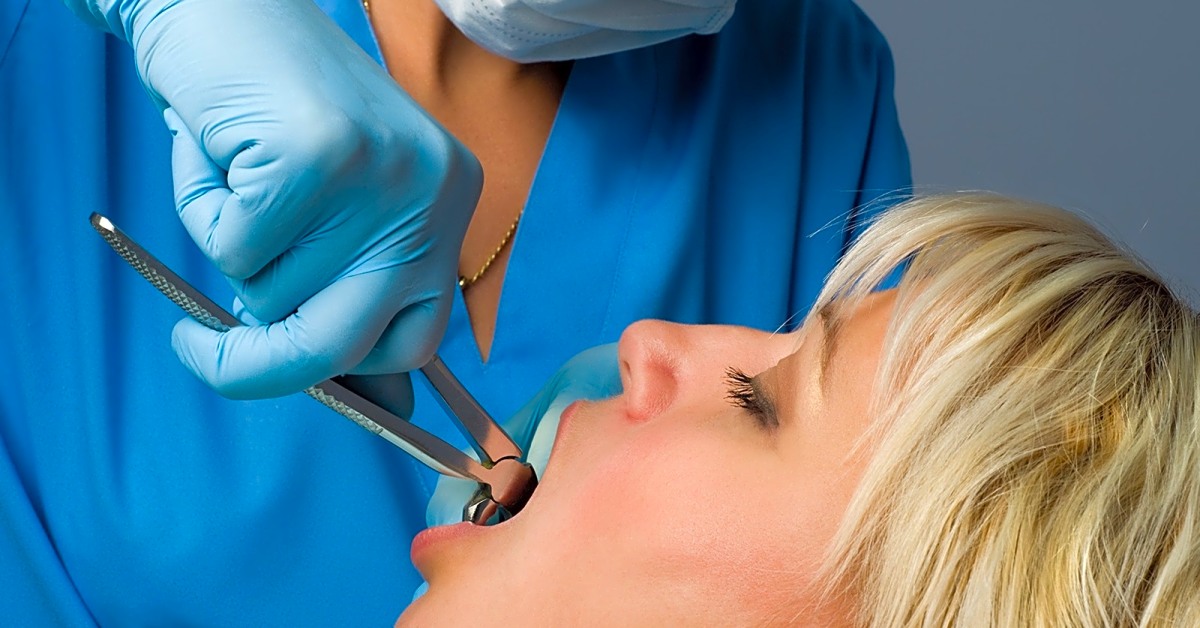In general, any dental problem that needs immediate treatment to stop bleeding, relieve severe pain, or save a tooth is considered an emergency. This also applies to serious infections, which can be life-threatening. Like a medical emergency, a dental emergency requires immediate treatment. Dental emergencies can endanger immediate or long-term health or make everyday life difficult or impossible.
A dental emergency can cause severe pain or discomfort, bleeding, or difficulty eating or sleeping. It can also be an infection that can spread to other parts of the head and face if left untreated. A dental infection can even be fatal if it spreads to the brain. Another dental emergency that should be addressed soon after it occurs is a broken or cracked tooth.
Should this happen to you, you must first try to save as many parts of your tooth as possible. Virtually any toothache that the patient is concerned with can be defined as a dental emergency. A broken tooth, infected gums, or extreme sensitivity to hot or cold temperatures could be considered an emergency. Going to the dentist isn’t usually a pleasant experience, but everyone in this practice is kind and considerate of the patients.
If you have a severe cut or wound on your gums, tongue, cheek, or any other part of your mouth, emergency dental care may include sutures and antibiotic treatment. In this case, you may need emergency tooth extraction, antibiotic treatment, pain relievers, or other intervention. If you find that one of your fillings is loose or that some or all of the filling has come off the tooth, it is a dental emergency. If you’ve had a dental emergency, you’ll probably vow to do everything you can to avoid more emergencies in the future.
Bicycle falls, car accidents, sports injuries, work accidents, or even trips and falls can lead to dental emergencies. If you notice excessive bleeding, pain that doesn’t go away or gets worse, abnormal swelling, or other problems after the procedure, you should make an emergency dental appointment right away. It may also include emergency tooth extraction and antibiotic treatment if your tooth is infected. It’s normal to lose baby teeth, but if you lose a permanent tooth or your permanent teeth are cracked or damaged, it’s time to make an emergency dental appointment.
A tooth that has fallen out, a toothache, a chipped tooth, or problems associated with dental crowns can be serious dental problems but are not considered emergencies. Toothache is usually a warning sign that you may have a dental problem or condition that should be treated and treated before further symptoms occur. Thinking quickly is often what prevents a tooth from needing an expensive tooth restoration or from being completely extracted.

